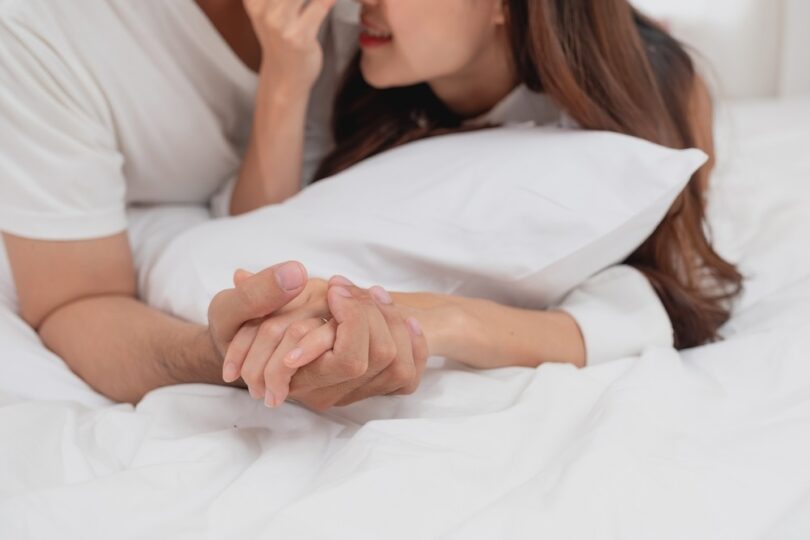Perfume, with its alluring scents and aromatic notes, has long been a staple in personal care routines. However, as summer nights draw near and the whine of mosquitoes becomes an unwelcome serenade, concerns arise about whether wearing perfume could be an inadvertent invitation for these pesky insects. Let’s delve into the science behind scents and mosquitoes to determine whether your favorite fragrance is attracting more than just admiring glances.
Understanding Mosquito Behavior:
Mosquitoes are attracted to humans primarily through the carbon dioxide (CO2) we exhale, body heat, and certain chemicals found in sweat. Additionally, mosquitoes are highly sensitive to odors, using their keen sense of smell to locate potential hosts. While the smell of carbon dioxide and body odors are the main attractants, the role of perfume in this equation is less straightforward.
The Impact of Fragrances:
- Sweet and Floral Notes: Perfumes often contain sweet and floral notes, which can mimic the scent of nectar from flowers. Some studies suggest that mosquitoes are attracted to floral scents, mistaking them for potential food sources. However, the concentration of floral notes in most perfumes is typically not high enough to significantly attract mosquitoes.
- Citrus and Fruity Scents: Citrus and fruity scents are commonly found in many perfumes. While humans may find these fragrances refreshing, there is no conclusive evidence suggesting that mosquitoes are attracted to these scents. In fact, certain citrus oils, such as citronella, are known for their mosquito-repelling properties.
- Chemical Ingredients: Some chemicals present in perfumes might have a repellent effect on mosquitoes. Ingredients like DEET, commonly found in insect repellents, can deter mosquitoes. However, the concentration of these chemicals in typical perfumes is minimal, and relying on perfume alone for mosquito protection is not recommended.
- Individual Variability: Mosquito attraction varies among individuals. Factors such as blood type, metabolic rate, and genetics play a role in determining a person’s attractiveness to mosquitoes. Perfume, in this context, may have a negligible impact compared to other biological factors.
Conclusion:
While the idea of mosquitoes being attracted to your favorite perfume is intriguing, the scientific evidence supporting this claim is limited. The primary factors that draw mosquitoes to humans are related to body odors, carbon dioxide emissions, and body heat. Fragrances found in typical perfumes are unlikely to significantly influence mosquito behavior.
If you’re concerned about mosquito bites, consider using insect repellents with proven efficacy. Additionally, opting for unscented lotions or choosing natural repellents like citronella can provide an added layer of protection without compromising your olfactory indulgences. In the eternal battle between fragrance and mosquitoes, it seems that our favorite scents are not the culprits but rather the sweet allure of our natural human essence. So, spritz away, and enjoy the summer nights without smelling like mosquito bait.








